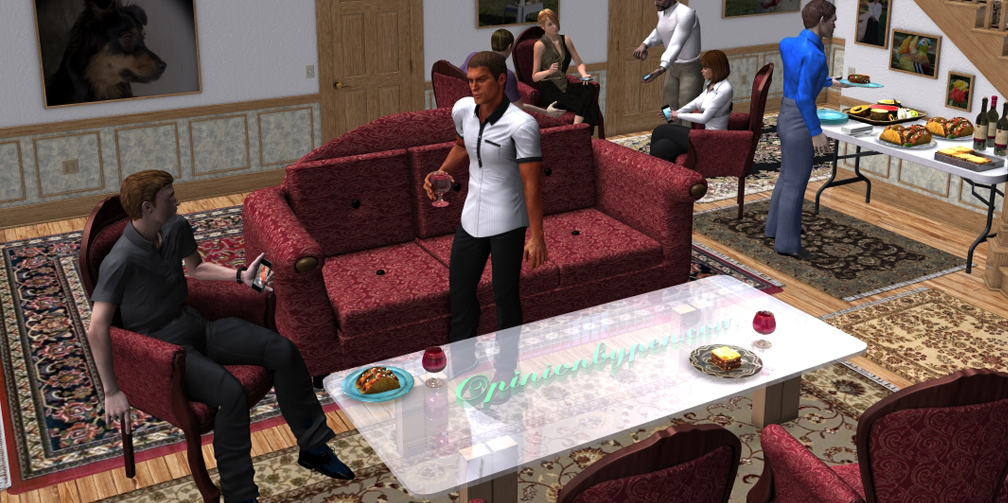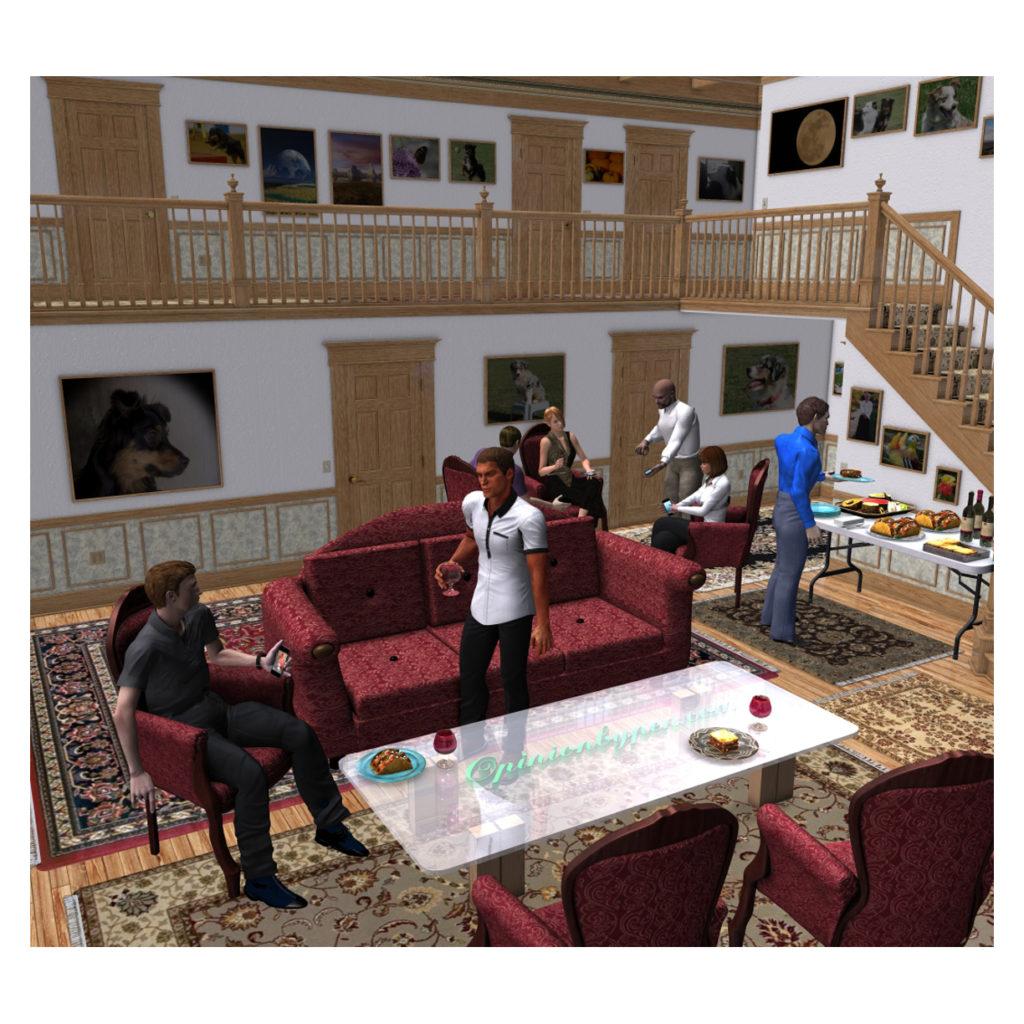Last week when I discussed how we’re relying on our gadgets to outsource our minds. I was asked for a part two, what are we doing with all that time we free up. Looking at the Internet landscape, it seems like most of us are turning to more social interaction, Facebook, Snapchat and of course, Twitter. Suppose I tell you that the drive for social interaction is causing the polarization of America.
Don’t tell me you haven’t noticed. Just take a look at our Congress and our elections. No compromise, no desire to meet the other camp halfway. Wonder how we got here? Our incredible social conductivity makes it easier than ever to isolate ourselves into small groups.
It’s a well-known interrogation technique to ask someone a question and then remain quiet. Sooner or later most people will break down and say something. They have to, it’s how we’re wired. Just like engineers are unable to resist problem solving, most people crave some form of social interaction.
Fifty years ago, before the Internet and before smart phones, if you were on a break, you had to talk to your coworkers. If you were in a long line, you spoke to the people around you. There was nothing else to do. Being human, you felt the need to socialize. Yeah, you met a few nuts but you met a lot of different people and got to hear a number of different perspectives. They might have different opinions or backgrounds than you but enough time with them and you started to understand what made them different. Often you realized you had more in common than you had differences. You were able to put a face and a name with those differences.
Back then, with only a few media choices, the news and commentaries tended to be more balanced. With less options in what you read, you tended to read more diverse opinions.
Okay enough nostalgia. Even during forced social interaction, I was never very good at it. I was the dour man sitting alone in the corner, reading a book to discourage any attempts at interaction. Anyway, let’s move back to the present. Our gadgets that free up so much of time for social interaction, facilitate our avoidance of social interaction. That can’t be true, can it? After all, your cell phone makes it easy to stay in touch with your friends, your family and to keep up with your favorite news source. How could this be bad?
Take a look at any gathering where people are forced to spend time with strangers. Now instead of talking to each other, we’re doing our best to ignore everyone around us and concentrating on our cell phones. This enables us to socialize and simultaneously avoid ever making contact with anyone having a different opinion than ours.
No longer are we exposed to opinions that differ from ours. Want to catch up on the news? Now there’s enough media outlets to cater to our specific set of likes and dislikes that we never have to concern ourselves with new thoughts or opinions.
There’s nothing wrong with this behavior but it stifles our exposure to new ideas. Constant association with people who always agree with our views makes us forget how necessary compromise is. Staying isolated allows us to forget those people behind the different opinions have names, families and aspirations. Without that human perspective, it’s easier to snuggle comfortably into a sense of self-righteousness.
You would think that with all that information flooding in, we would be exposed to differing opinions on a continuous basis. And we are, but just like the spam that invades our mailboxes on a daily basis, we’ve learned to ignore it and avoid them. It’s all we can do just to keep up with the news that resonates with us.
It’s amazingly ironic that all this information, all this social connectivity allows, even encourages us to divide ourselves into small islands of self-interest.
I’ve already admitted that I was a forerunner of this movement with my books fifty years ago. That fifty years of perspective also allows me to see how fortunate I was when I ran out of books (back then it was really difficult to carry enough books for a two week trip). I have friends all over the world because I was forced to socialize.
Those experiences introduced me to different ideas, different cultures and different ways of thinking. No, I don’t actively seek out strangers, then again, that’s exactly what this blog is all about, an exchange of ideas with people I may never meet.
I’m not suggesting you give up your phone. I am pointing out that this wondrous piece of technology is causing a totally unexpected side effect, the polarization of America and this effect is not slowing down. Now that you know about it, do something about it.
Have an opinion on this? Stop the polarization, step away from your comfort zone, leave a comment.
© 2017 – 2019, Byron Seastrunk. All rights reserved.












Recent Comments